Social Cognition 🧠 | Empathy 💞 | Perspective-Taking 👀 | Emoji 🤓 | Sustainability 🌱
- U-shape for age is gone: Young adults lowest health, highest illness
- Education still matters (a lot)
- 45% of older people live alone
- Hybrid work > 100% remote or in-person
Preprint: osf.io/3jyda_v1




- U-shape for age is gone: Young adults lowest health, highest illness
- Education still matters (a lot)
- 45% of older people live alone
- Hybrid work > 100% remote or in-person
Preprint: osf.io/3jyda_v1
#weektegenpesten #cyberbullying #middelbareschool #interventie
@sarapabian.bsky.social Jan de Wit @tmerle.bsky.social, Eefje v Moorsel Bianca Sips Marije v Amelsvoort

#weektegenpesten #cyberbullying #middelbareschool #interventie
@sarapabian.bsky.social Jan de Wit @tmerle.bsky.social, Eefje v Moorsel Bianca Sips Marije v Amelsvoort
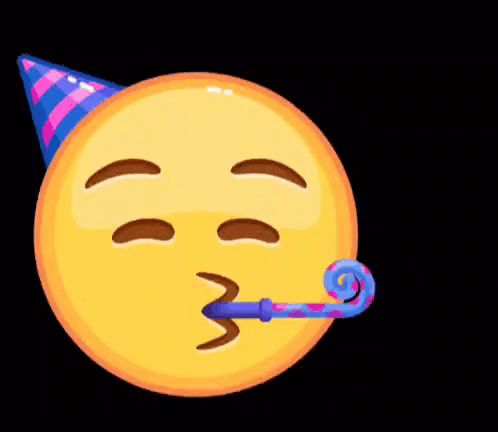

I recommend that onlookers to this discourse pick some of the cited studies & see how compelling they find them, wrt causal identification & strength of statistical evidence.>
I recommend that onlookers to this discourse pick some of the cited studies & see how compelling they find them, wrt causal identification & strength of statistical evidence.>
This is a hotly debated and often polarizing debate. So we surveyed over 120 experts on the topic to see where there was genuine consensus (or not), like experts have previous done for climate change.
See our paper: osf.io/preprints/ps...
¯\_(ツ)_/¯
¯\_(ツ)_/¯
If you have never found the time to read up on this, now is your chance.
www.the100.ci/2025/03/20/r...
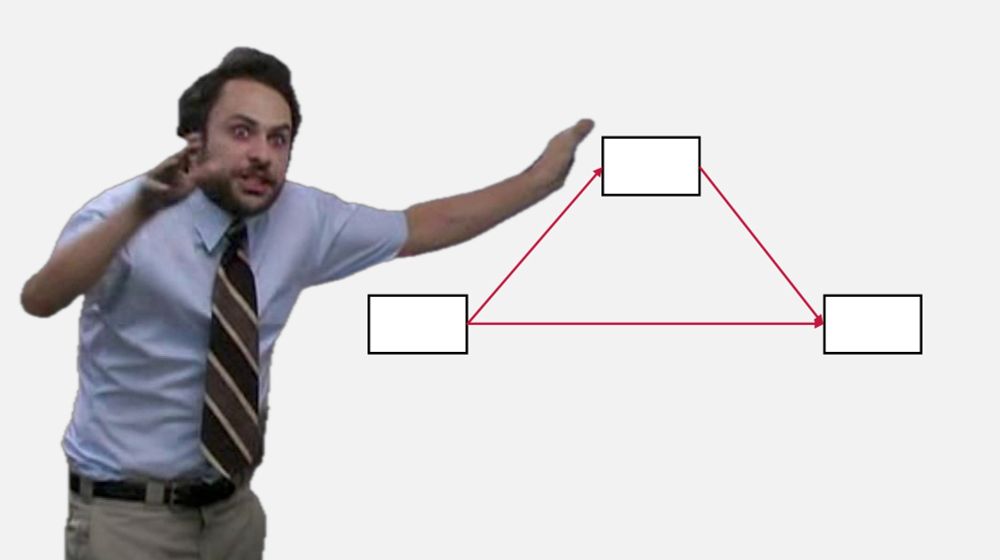

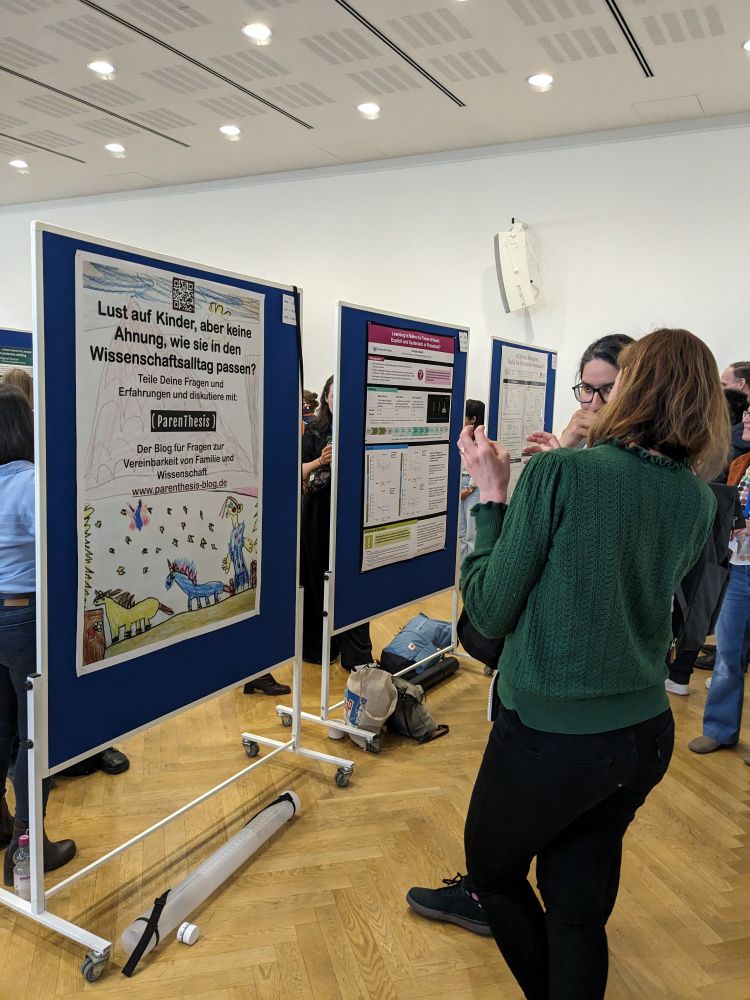
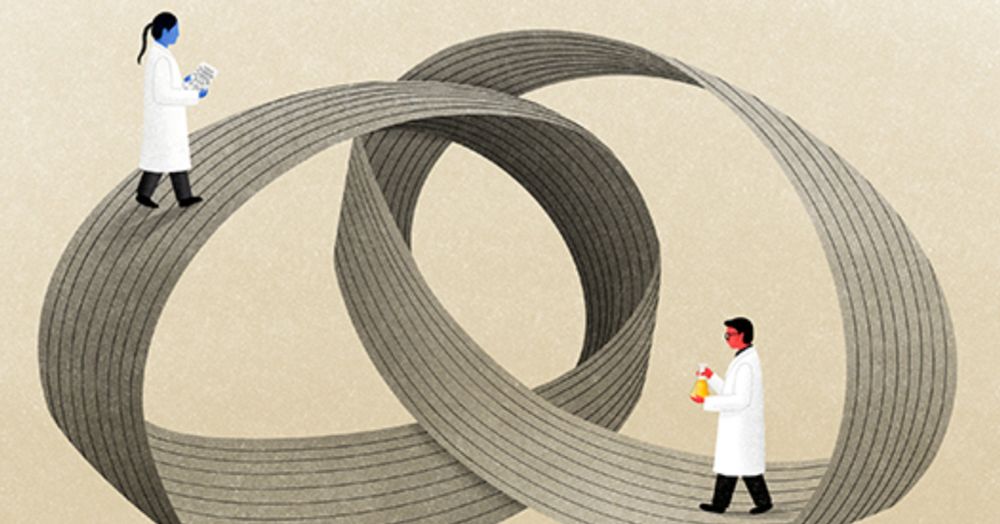
Our interactive narrative intervention to empower bystanders when they witness cyberbullying can be found here: tiltale.com/cidn/
#cyberbullying #bystanders #interactivenarratives #intervention

Our interactive narrative intervention to empower bystanders when they witness cyberbullying can be found here: tiltale.com/cidn/
#cyberbullying #bystanders #interactivenarratives #intervention
SIPS is celebrating 10 years of improving psychological science with two dynamic events:
📍 Budapest (In-person): June 25–27, 2025
💻 Online: May 21–22, 2025
We invite you to help us shape the program of those events!
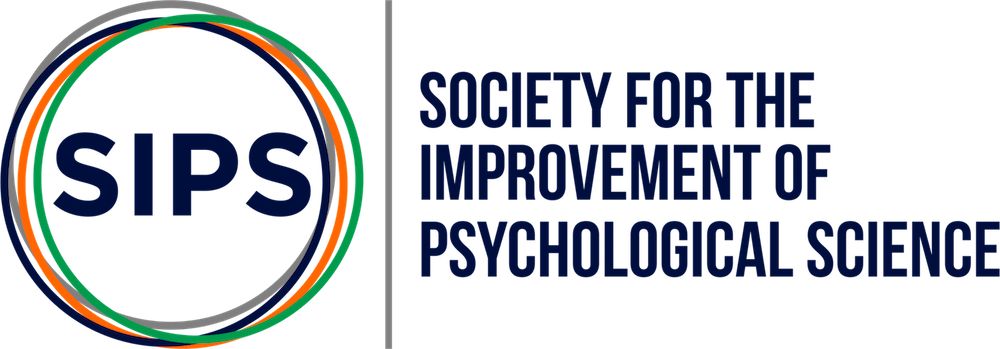
SIPS is celebrating 10 years of improving psychological science with two dynamic events:
📍 Budapest (In-person): June 25–27, 2025
💻 Online: May 21–22, 2025
We invite you to help us shape the program of those events!

Bluesky appears to be the official social media platform for science:
In Jan 2025, a Nature survey of 6,000 scientists found:
▶️ 70% are now on Bluesky
▶️ 53% say they left X
▶️ 13.6% say they use X more than Bluesky
www.nature.com/articles/d41...
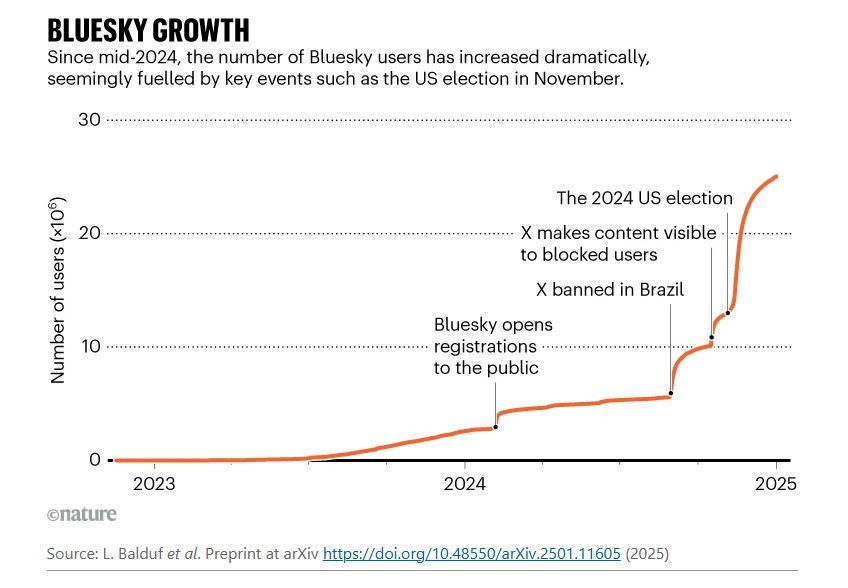
Bluesky appears to be the official social media platform for science:
In Jan 2025, a Nature survey of 6,000 scientists found:
▶️ 70% are now on Bluesky
▶️ 53% say they left X
▶️ 13.6% say they use X more than Bluesky
www.nature.com/articles/d41...


